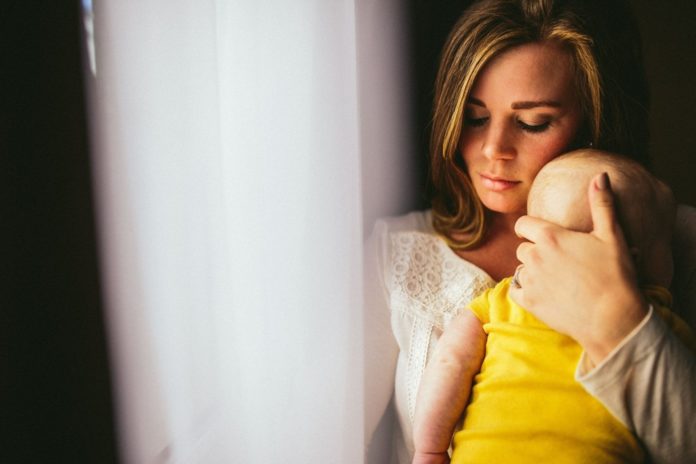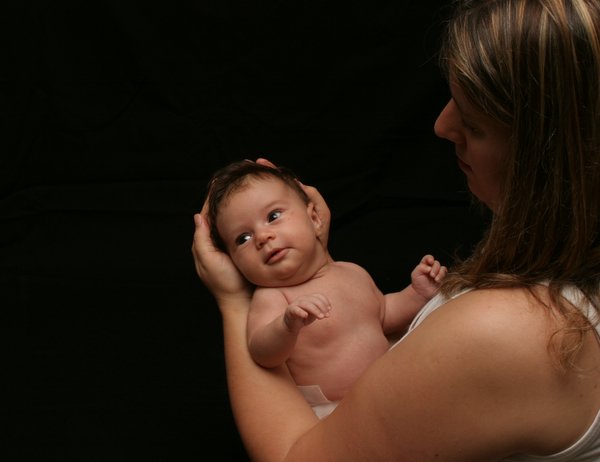
Women with mental health problems misinterpreted babies’ facial expressions
A pilot study has found that pregnant women who have suffered from depression or bipolar disorder (i.e. both mania and depression) interpret babies’ faces and how babies laugh or cry, differently.
This happens even if they are not currently experiencing depressive or manic symptoms. Researchers say this may represent an early risk-factor for children of these women, although there is need for more work in the field.
The findings were presented at the ECNP Congress in Barcelona.
The lifetime risk of depression in women is 10-22 percent. It is 50 percent higher than in men. The prevalence rates of depression in India range from 1.5/1000 to 37.74/1000 population. Incidence of bipolar disorders is thought to be among the lowest in the world in India at 0.1% but that could represent the lack of care of infrastructure rather than an actual low incidence. Many people suffering from bipolar in India could remain undiagnosed for life.
Pregnant women with depression interpreted babies expressions more negatively while those with bipolar rates them more positively
Researchers compared 22 pregnant women, currently well but with a history of depression, and 7 with bipolar disorder who were also currently well, against 28 healthy pregnant women. They also tested 18 non-pregnant women, as controls.
Between the 27th and 39th weeks of pregnancy, all the women were tested for how they responded to a series of happy or sad faces, and to laughter and crying, of both babies and adults.

Specifically, the women were asked to rate how happy or distressed the infants were based on infants’ facial and vocal displays of emotion (including smiles, laughter and cries). They were also asked to identify adult facial expressions of emotion (including happiness, sadness, fear and disgust) across varying intensity levels
According to lead researcher, Dr Anne Bjertrup (Rigshospitalet, Copenhagen), “In this study, we found that pregnant women with depression or bipolar disorder process infants’ facial and vocal signals of emotion differently even when they are not currently experiencing a depressive or manic episode. These differences may impair these women’s ability to recognise, interpret and respond appropriately to their future infants’ emotional signals”.
The researchers found that, compared to healthy pregnant women:
- Pregnant women with bipolar disorder had difficulty with recognising all facial expressions and showed a “positive face processing bias”, where they showed better recognition of happy adult faces and more positive ratings of happy infant faces.
- In contrast, pregnant women with previous depression showed a negative bias in the recognition of adult facial expressions and rated infant cries more negatively.
It’s worth emphasizing that this work does not say that the affected women are “bad mothers”. It simply means that because of their health history, they may experience difficulties interpreting and responding appropriately to their infants’ emotional needs and that we as clinicians need to be more aware of these possible difficulties.
These are early days; this is the first research to show this link in both depression and bipolar disorder, so we need further studies to design and test early screening and intervention programs possibly involving ways which will train mothers to interpret the signals from their children better.












